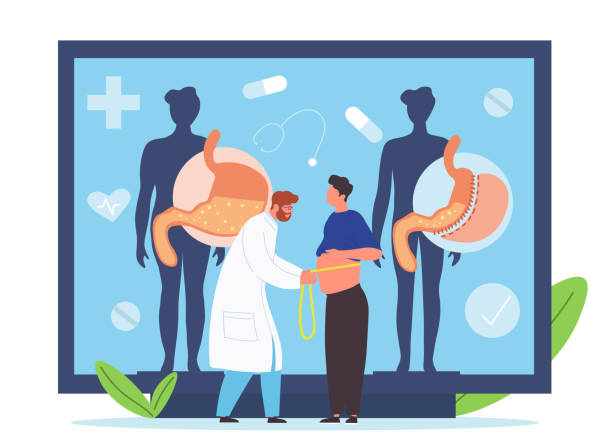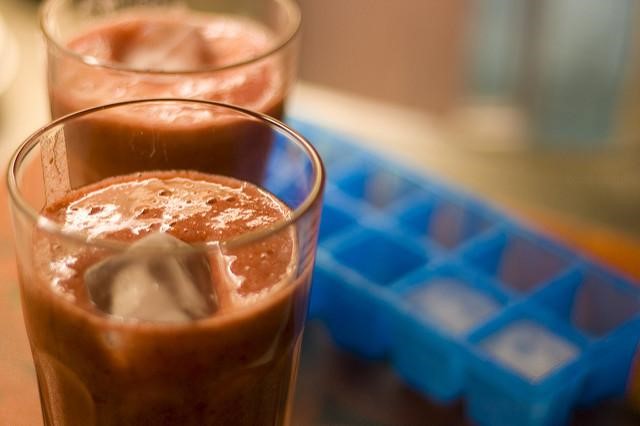What Happens After a Gastric Bypass?
If you have been carrying extra weight for a while, you might have tried every weight loss trick in the book. But weight loss isn’t easy, and many people struggle to get rid of their excess body fat.
Gastric bypass is a commonly used procedure that is offered to overweight individuals who have been unable to lose weight using other weight loss methods. It’s not a magical cure for long-term weight loss and it requires lots of inner work.
Before you can get a gastric bypass, you will need to be assessed against a set of criteria. One of the main criteria for gastric bypass approval is having a body mass index (BMI) of above 40.
What happens after your gastric bypass surgery is just as important as preparing for the procedure. If you want the weight loss to be long term, you must be able to shift your mindset and follow the guidance of your doctor.
Here is what to expect after a gastric bypass.
Working with Medical Professionals
After gastric bypass surgery, you with work closely with the healthcare team to ensure long term success. The team will consist of doctors, nurses, dietitians, and psychologists.
Each medical professional will help you with a certain area of your life. Doctors are able to prescribe the best pain medication for gastric bypass patients. Common pain-relieving medications include non-steroidal anti-inflammatory drugs (NSAIDs), acetaminophen, and opioids.
Psychologists will be there to provide emotional support and guidance in the post-surgery period. They will work with you to shift your mindset and establish healthy thinking patterns around food and exercise.
Dietitians play a major role in your gastric bypass recovery. They are experts in nutrition and they will work closely with you to figure out the best foods and liquids for your body after your procedure.
Eating the Gastric Bypass Diet
There is a specific diet that every gastric bypass patient must follow after their surgery. This is aptly named the ‘gastric bypass diet’.
When you first get a gastric bypass, your stomach is sensitive to foods. Therefore, you won’t be able to consume solid foods for a few weeks after your surgery. Instead, you will need to follow a diet of liquids, soft foods, and vitamins after your surgery.
The gastric bypass diet runs week by week, gradually building you up from thin, watery liquids all the way to solid foods. This process takes around five weeks, after which point, you should be able to eat a normal diet.
Your dietitian may continue to work with you for several months after your surgery if you need the extra support with your food and drink intake.
Potential Complications
As with any medical procedure, there is the risk of early and late complications following a gastric bypass procedure. Around 40% of gastric bypass patients will experience at least one complication and fewer than 5% of patients experience serious issues after their surgery.
Common complications after a gastric bypass procedure include:
- Constipation
- Dumping syndrome, leading to nausea and vomiting
- Gallstones
- Infections of the incision site
More serious complications include anastomotic leaking, blood clots, and internal bleeding.




